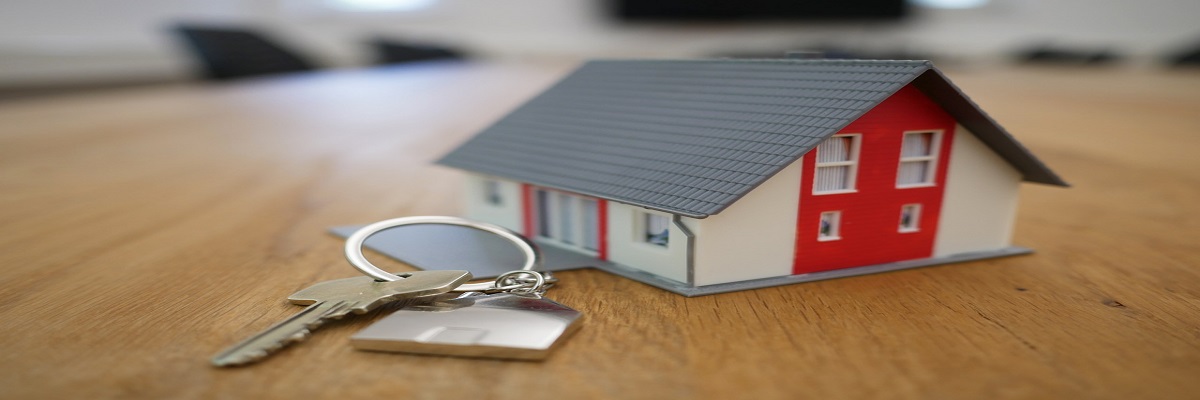Call: 888-297-6203
While filing for bankruptcy, though exemptions protect your house, your rental property (apartment, commercial space, etc.) might be under threat. Depending on whether you are filing for chapter 7 or chapter 13, the fate of these properties are decided, say lawyers of Los Angeles law firm (https://recoverylawgroup.com/bankruptcy/).
Rental property in chapter 7
While filing for Chapter 7 bankruptcy, any property that is exempt (under federal or state laws) can be kept by the debtor. Most states allow homestead exemption up to a dollar amount while others might allow protecting the entire interest of the debtor in the property. Unfortunately, this exemption applies only to your residential property and not other properties you own (rental properties). Since rental properties are not exempted, the bankruptcy trustee can liquidate it and distribute the money to your creditors. However, this happens only if the proceeds from the liquidation are significant to cover the cost of selling it. Thus, if you have little equity in the rental property, the trustee might spare the property. The mortgage holder will benefit from the liquidation of property in this situation. If your equity in the rental property is relatively small, you can use the wildcard exemption to protect it, if the exemption is available in your state.
Rental property in chapter 13
Chapter 13 allows you to protect your non-exempt property as long as you can pay for it. Thus, you can protect your rental property by paying for it through the repayment plan. However, your installment in the repayment plan will increase if you keep non-exempt property. The unsecured creditors need to be paid an amount they would have received had you filed under chapter 7. Additionally, you also need to pay the arrearages you owe on the rental property in chapter 13 bankruptcy. If you fail to do so, the lender will foreclose on the property. You also have the option of cram down on the mortgage on the rental property, through which you can reduce the amount you owe on the rental property. Though this option is not available on residential property, it can be used on some types of rental properties. However, you need to pay off the entire amount owed in the repayment plan.
If you have a rental property that you do not want to let go into bankruptcy, you can call (888-297-6203) to discuss your options with experienced bankruptcy lawyers.

